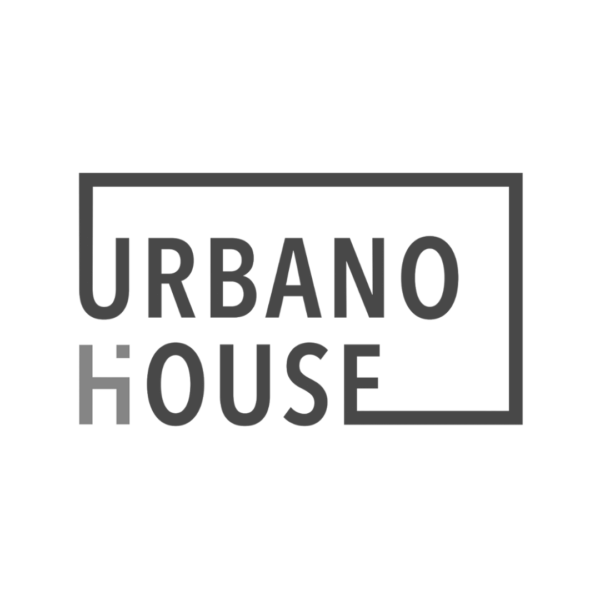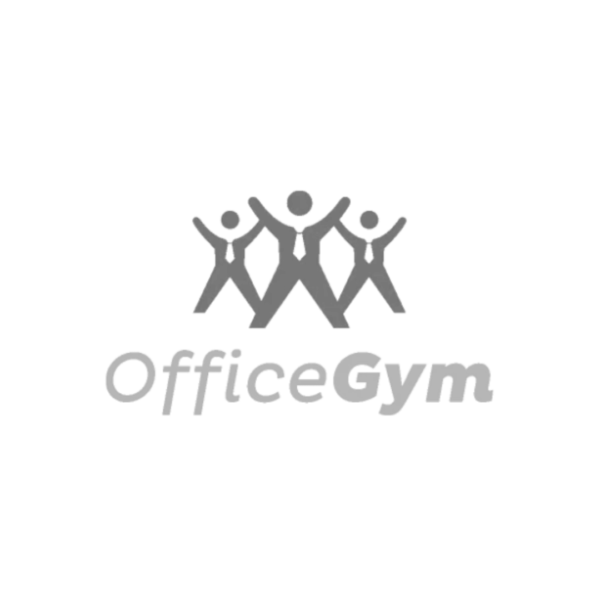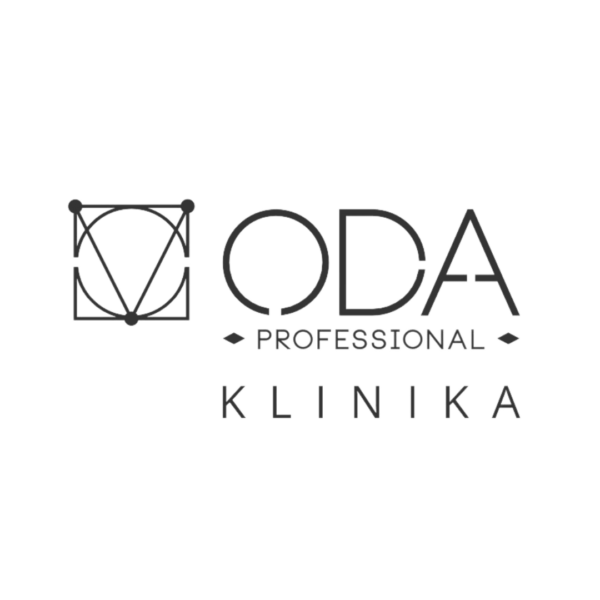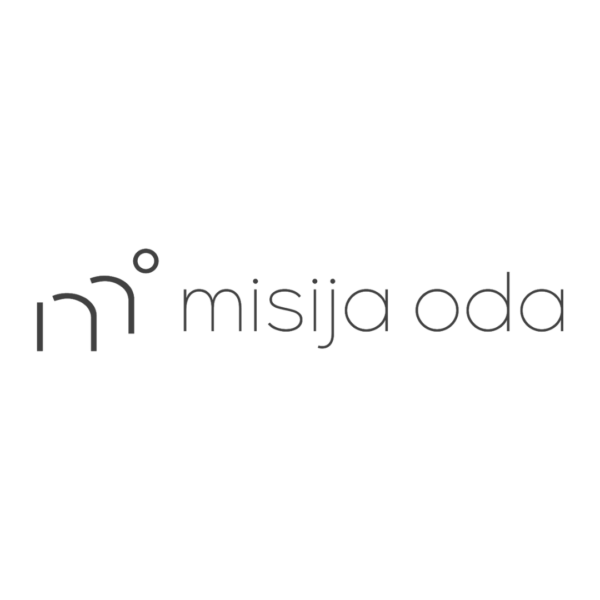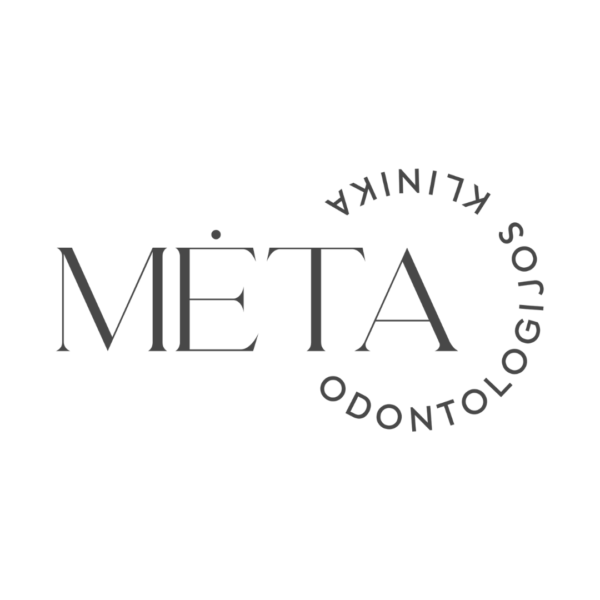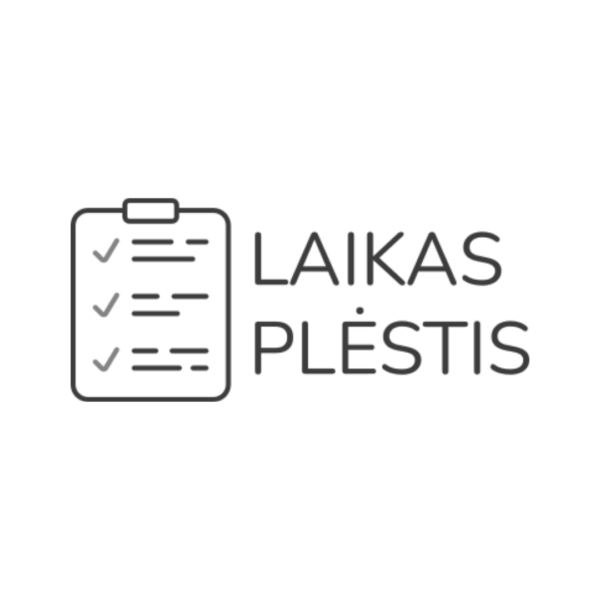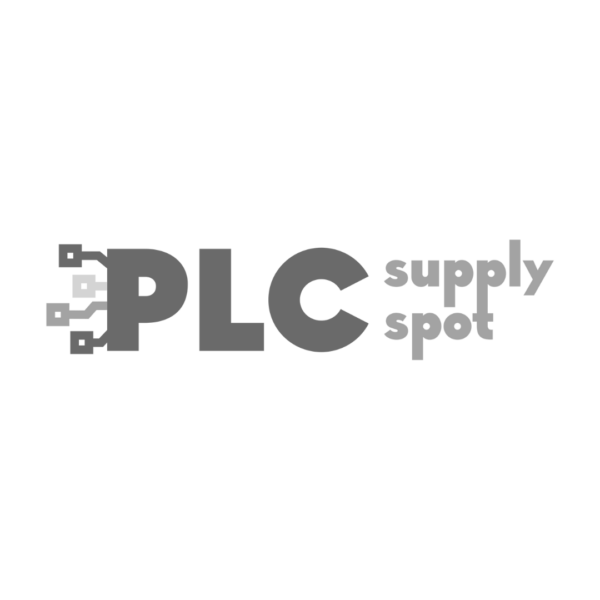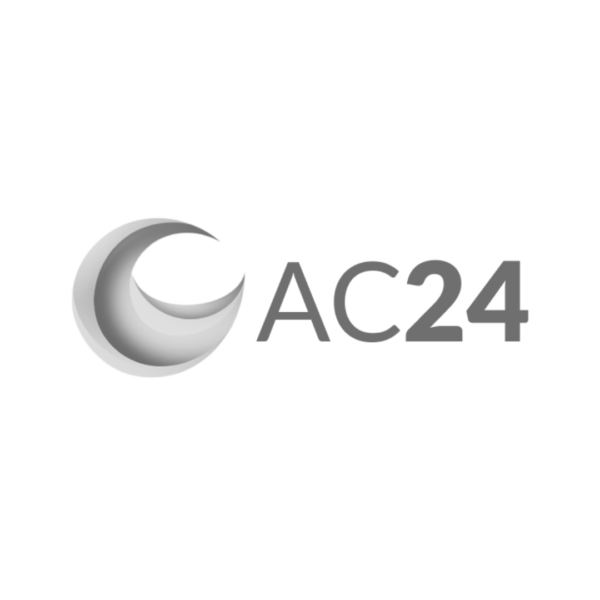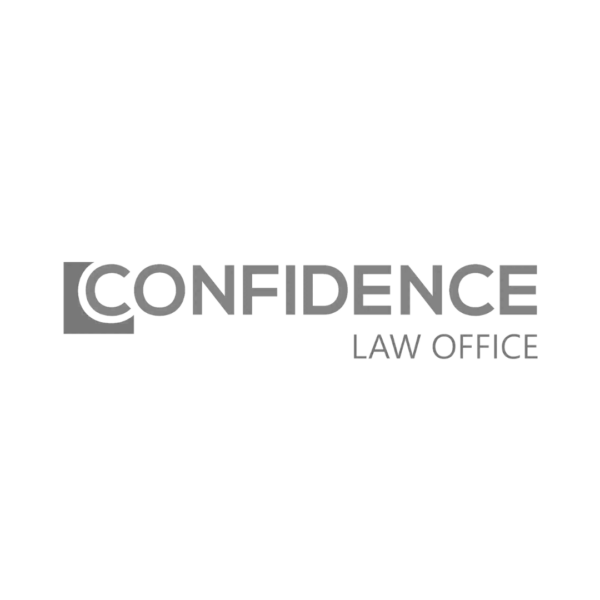On-page SEO services
On-page SEO is the first and most important step in achieving top results in Google search. Impeccable internal SEO optimisation becomes the foundation for further strategy and organic traffic growth.
On-page SEO services
In-house SEO is the first and most important step in achieving top results in Google search. Impeccable internal SEO optimisation becomes the foundation for further strategy and organic traffic growth.
On-page SEO services
A crucial step towards TOP positions
What are the elements that make up internal SEO?
Internal SEO components are everything that can be optimised inside your website, from content structure to technical parameters. It is a mistake to think that internal SEO optimisation is just about copywriting or keyword research. Rather, it is a whole system that helps both users and search engines to better understand your business and its value to the target customer.
In more detail, internal SEO includes headline logic (H1-H6), meta tagging (meta titles and meta descriptions), image alt texts, internal link structure, orderly URL structure, semanticmarkup and much more. Technical SEO is also an important part of internal SEO, addressing issues such as loading speed, mobile-friendliness and technical errors. Without these foundations, further SEO efforts usually don’t yield tangible results.
Is good content enough for internal SEO?
It’s not enough – while high-quality, keyword-rich content is one of the most important elements of internal SEO, without internal structure and technical preparation, even the best SEO texts can remain invisible.
It’s not just what you say, but how you present it. The right hierarchy of headings, a network of internal links, optimum page speed, mobile-friendly design, and the uniqueness of the text on each page all work together. Even if your content is truly the best, most valuable and most interesting on the market, it may not be considered as such by search engine robots if your website lacks the internal SEO foundations.
How do I know if my website needs On-page SEO?
If a website is not ranking well in search results, organic traffic is not encouraging, and conversions from Google search are almost non-existent – these are pretty clear signs that SEO optimisation on the website could be stronger.
To accurately assess the situation and the need for in-house SEO, the first step recommended is an SEO audit. An SEO audit is a website diagnosis carried out by a specialist, which analyses the main aspects that prevent a website from ranking in the top positions in Google. It helps to identify not only the obvious errors, which are visible even to the user, but also the hidden “brakes”. An SEO audit report helps you make accurate decisions and gives you a clear roadmap of what is important to fix first.
Why doesn’t external SEO work without On-page SEO?
Without a strong on-page SEO foundation, even the best external SEO efforts can fail to deliver tangible results. Why? The answer is simple: search engines don’t trust websites that appear internally unreliable, unoptimised or difficult to understand, both technically and semantically. If the internal SEO is chaotic, broken or even non-existent, the website is in poor technical condition or slow to load, even the best quality external links will not lead to content that does not meet users’ expectations.
We recommend that you only undertake external SEO when your internal SEO strategy is fully implemented: i.e. the pages are logically structured, have valuable text, are fast-loading, free of technical errors, and are logically linked to each other. In other words, internal SEO allows Google to understand what the website is about. And external SEO helps to assess its authority in the eyes of external sources.
On-page SEO services
A crucial step towards TOP positions
What are the elements that make up internal SEO?
Internal SEO components are everything that can be optimised inside your website, from content structure to technical parameters. It is a mistake to think that internal SEO optimisation is just about copywriting or keyword research. Rather, it is a whole system that helps both users and search engines to better understand your business and its value to the target customer.
In more detail, internal SEO includes headline logic (H1-H6), meta tagging (meta titles and meta descriptions), image alt texts, internal link structure, orderly URL structure, semanticmarkup and much more. Technical SEO is also an important part of internal SEO, addressing issues such as loading speed, mobile-friendliness and technical errors. Without these foundations, further SEO efforts usually don’t yield tangible results.
Is good content enough for internal SEO?
It’s not enough – while high-quality, keyword-rich content is one of the most important elements of internal SEO, without internal structure and technical preparation, even the best SEO texts can remain invisible.
It’s not just what you say, but how you present it. The right hierarchy of headings, a network of internal links, optimum page speed, mobile-friendly design, and the uniqueness of the text on each page all work together. Even if your content is truly the best, most valuable and most interesting on the market, it may not be considered as such by search engine robots if your website lacks the internal SEO foundations.
How do I know if my website needs On-page SEO?
If a website is not ranking well in search results, organic traffic is not encouraging, and conversions from Google search are almost non-existent – these are pretty clear signs that SEO optimisation on the website could be stronger.
To accurately assess the situation and the need for in-house SEO, the first step recommended is an SEO audit. An SEO audit is a website diagnosis carried out by a specialist, which analyses the main aspects that prevent a website from ranking in the top positions in Google. It helps to identify not only the obvious errors, which are visible even to the user, but also the hidden “brakes”. An SEO audit report helps you make accurate decisions and gives you a clear roadmap of what is important to fix first.
Why doesn’t external SEO work without On-page SEO?
Without a strong on-page SEO foundation, even the best external SEO efforts can fail to deliver tangible results. Why? The answer is simple: search engines don’t trust websites that appear internally unreliable, unoptimised or difficult to understand, both technically and semantically. If the internal SEO is chaotic, broken or even non-existent, the website is in poor technical condition or slow to load, even the best quality external links will not lead to content that does not meet users’ expectations.
We recommend that you only undertake external SEO when your internal SEO strategy is fully implemented: i.e. the pages are logically structured, have valuable text, are fast-loading, free of technical errors, and are logically linked to each other. In other words, internal SEO allows Google to understand what the website is about. And external SEO helps to assess its authority in the eyes of external sources.
Who can benefit from in-house SEO?
Who can benefit from in-house SEO?

E-commerce for business
SEO services are an unexpectedly important sales tool when you have an e-shop. In-house SEO is primarily focused on a good user experience, and when the site is easy to navigate and the path to purchase is logical and smooth, the decision to buy becomes much easier.

Business-to-business (B2B, B2C) services approach
Service businesses often “sell” trust. In-house SEO helps to ensure that the first impression of a company is compelling and, most importantly, easily accessible with a few clicks on Google search.

For start-ups
Having a robust, reliable and search-engine-visible website from the very first steps of your business is an opportunity not only to save on future optimisation costs, but also to attract valuable traffic immediately. Such visitors have a high potential to become real customers.

For personal trade marks
Personal authority in search is born not only from what is said, but also from how it is presented. On-page SEO allows you to build a professional image: a smooth “About” page, clearly laid out articles, properly indexed content help your audience find, understand and trust you faster.

E-commerce for business
SEO services are an unexpectedly important sales tool when you have an e-shop. In-house SEO is primarily focused on a good user experience, and when the site is easy to navigate and the path to purchase is logical and smooth, the decision to buy becomes much easier.

Business-to-business (B2B, B2C) services approach
Service businesses often “sell” trust. In-house SEO helps to ensure that the first impression of a company is compelling and, most importantly, easily accessible with a few clicks on Google search.

For start-ups
Having a robust, reliable and search-engine-visible website from the very first steps of your business is an opportunity not only to save on future optimisation costs, but also to attract valuable traffic immediately. Such visitors have a high potential to become real customers.

For personal trade marks
Personal authority in search is born not only from what is said, but also from how it is presented. On-page SEO allows you to build a professional image: a smooth “About” page, clearly laid out articles, properly indexed content help your audience find, understand and trust you faster.
On-page SEO services
How much do SEO services cost?
The cost of SEO services depends on the plan you choose. For more information on the service plans available, click here:
Collaboration
Process

01.
SEO website audit service
We carry out SEO audits to identify technical errors, content gaps, unoptimised elements or other bottlenecks. Based on the audit’s insights, we draw up a clear optimisation plan and SEO project estimate.

02.
Keyword research
We analyse which keywords are relevant to your audience and business area. We assess their search volume, competition and intent. We discuss the results with the client and identify priority keywords during the conversation.

03.
SEO copywriting
Based on the selected keywords, texts are prepared that are tailored to the needs of both Google and the user. Creating clear, informative and conversion-boosting content that answers visitors’ questions and expectations.

04.
SEO optimization
The prepared texts are uploaded to the website and, if necessary, its structure is adjusted: page titles, URLs, header logic are revised. Technical improvements are made to improve loading speed, indexing and mobile usability.

05.
AEO optimization
If you opt for the “+” package, your website is also optimised for AI systems. This includes structural and textual solutions that make content easier to interpret and cite in AI sources.

01.
SEO website audit service
We carry out SEO audits to identify technical errors, content gaps, unoptimised elements or other bottlenecks. Based on the audit’s insights, we draw up a clear optimisation plan and SEO project estimate.

02.
Keyword research
We analyse which keywords are relevant to your audience and business area. We assess their search volume, competition and intent. We discuss the results with the client and identify priority keywords during the conversation.

03.
SEO copywriting
Based on the selected keywords, texts are prepared that are tailored to the needs of both Google and the user. Creating clear, informative and conversion-boosting content that answers visitors’ questions and expectations.

04.
SEO optimization
The prepared texts are uploaded to the website and, if necessary, its structure is adjusted: page titles, URLs, header logic are revised. Technical improvements are made to improve loading speed, indexing and mobile usability.

05.
AEO optimization
If you opt for the “+” package, your website is also optimised for AI systems. This includes structural and textual solutions that make content easier to interpret and cite in AI sources.
FOLLOWING BRANDS TRUST US

having Questions?
Book a discovery call
Find out what will help your business attract customers, grow sales, and enhance your digital image. Get valuable advice from a marketing expert and hear the answers to your questions about digital marketing!

having Questions?
Book a discovery call
Find out what will help your business attract customers, grow sales, and enhance your digital image. Get valuable advice from a marketing expert and hear the answers to your questions about digital marketing!
WHY ASTERI?
In-house
A boutique team of experts – ensuring the highest quality standards.

15 +
Years of experience in sales and marketing strategies in Europe and the US.

TOP 3
Our clients’ content is recommended in the top 3 by Google, ChatGPT, Perplexity and other AI engines.

Vilnius ↔ New York
We work with clients in Europe, the US and on global projects.

10 x
Organic growth – customers achieve 10 times more visibility in competitive markets.
In-house
A boutique team of experts – ensuring the highest quality standards.

15 +
Years of experience in sales and marketing strategies in Europe and the US.

TOP 3
Our clients’ content is recommended in the top 3 by Google, ChatGPT, Perplexity and other AI engines.

Vilnius ↔ New York
We work with clients in Europe, the US and on global projects.

10 x
Organic growth – customers achieve 10 times more visibility in competitive markets.
FAQ
How is on-page SEO different from off-page SEO?
On-page SEO encompasses everything optimized within the website, while off-page SEO encompasses actions that occur outside the website. These are two complementary yet distinct elements of an SEO strategy. It is generally not recommended to undertake external SEO without completing an on-page SEO project.
On-page SEO is a tool that makes a website more readable to both visitors and search engines. This includes header structure, quality text, metatagging, loading speed, mobile-friendliness, internal link network and other elements.
Meanwhile, the goal of off-page SEO is to enhance the website’s authority. This is done by creating backlinks in other sources or by publishing articles with links on keyword phrases relevant to the business. However, external SEO only makes sense when the recommended source (i.e., your website) is technically sound, creates value for users, and is already visible to search engines.
How long does it take for on-page SEO efforts to turn into results?
It is impossible to provide an exact timeframe because SEO results depend on several factors, which are typically quite individual. The first changes can be observed as early as 2-4 months after optimization, but more significant results usually become visible after 6-12 months.
If a professional SEO strategy and optimization have been applied to a website before, results may be seen sooner. In this case, it is often not enough to undertake a complete SEO project; rather, it is necessary to update previous efforts, such as repeating keyword research, adding additional content, and making minor improvements to the structure. However, if there has been no or poor SEO in the past, it will take time to gain (or regain) the sympathy of Google’s algorithms.
The competitive environment also determines how quickly we see SEO results. Suppose you are competing against active, strong, and big players who are constantly investing in SEO, content development, and external link building. In that case, it will also take longer to catch up to them. If there is less competition, professionally done in-house SEO can deliver results a little faster.
Are SEO services suitable for all businesses?
It is difficult to give a clear-cut answer because the need for SEO or any other marketing services depends on the nature of the business and the target audience and their behaviour. It is not necessarily necessary for every business to invest in SEO as its main sales channel, but for almost everyone with a website it can be a valuable additional solution.
How do you decide if on-page SEO is proper for you? You should assess where your potential customers are looking for information or for the goods and services you offer. Are they using Google, other platforms such as ChatGPT, or perhaps just social networks? It is true that even if the main traffic comes from META advertising or newsletter communications, it is likely that some users will still try to find you or your products on Google. In this case, ignoring SEO means risking a loss of traffic.
In addition, SEO optimization is not only about high search rankings, but also about a better user experience. Good SEO doesn’t come without a clear structure, fast loading, easy navigation, and content tailored precisely to your audience. Even if the visitor is not arriving at the website through Google, the SEO effort will help them navigate the structure more easily and increase the likelihood that the desired action (contact or order) will be taken.
How is the effectiveness of on-page SEO measured?
The easiest way is to enter targeted keywords for your business into Google and see if your website appears in the search results and, if so, in which positions. However, this is a rather superficial and time-consuming assessment.
ASTERI uses specialised analytical tools that allow you to track tens or even hundreds of keywords at the same time – to see their positions, changes over time, and progress since the beginning of the cooperation. We look at how many keywords are ranking at all, which ones are rising, which ones are falling, and whether the visibility of the website is increasing.
In addition to keyword positions, it is also important to monitor organic traffic: whether more visitors are coming in from Google, whether they are staying on the website longer, whether the number of conversions has increased – e.g., if you see an increase in the number of queries, product purchases. All of this helps to objectively assess whether in-house SEO is working as expected.
Should SEO efforts be combined with other marketing tools?
Mostly yes. While SEO is a great way to attract organic traffic from search engines, often SEO alone is not enough for guaranteed and consistent sales growth. SEO is more of a long-term investment in visibility, authority and trust, but it is most effective when combined with other channels.
If your business goal is not only to be known and rank high on Google, but also to generate faster, more tangible sales, we recommend that you integrate SEO with your other marketing tools. For example, social media marketing is particularly effective for fast conversions, allowing you to reach your target audience in real time. Meanwhile, email marketing is particularly useful if you already have a loyal customer base and want to encourage repeat purchases or strengthen your relationship with existing customers.
In summary, SEO should not be isolated as part of a wider marketing strategy. When working in conjunction with other channels, SEO becomes much more effective.
Why is mobile-friendliness so important for on-page SEO?
More than half of all Google searches (around 63%) are made on mobile devices. This means that a website that is not optimised for a phone screen risks losing a very high proportion of potential visitors.
Mobile-friendliness is also one of Google’s ranking criteria. If a website is not optimised for a phone, it may appear lower in search results, even if all other SEO steps have been carried out perfectly. In addition, the user experience on the screen must be as user-friendly as possible: text should be easy to read without making the screen larger, content should be adapted to the narrower screen width, and the structure of the page should be clear without causing excessive scrolling (i.e. scroll). It is also important that all interactive elements (e.g. buttons, forms) work just as smoothly on mobile. So mobile usability isn’t just about design – it’s also a crucial part of internal SEO, which influences results in Google search.
Does the quality of content affect the effectiveness of on-page SEO?
Quality SEO text not only influences SEO results, it is also one of the cornerstones of the success of an SEO project. Even a technically perfect website will not rank highly if the content it publishes is irrelevant, fails to meet users’ expectations, or does not exist at all.
Text enriched with keywords in moderation helps search engines understand what your business and the products or services you offer are about. But the real purpose of the text on your website is to provide value to the user: i.e. to answer common questions, provide solutions, dispel doubts, inspire confidence and help them make up their mind. Quality content also contributes to a better user experience. People spend more time on the website, browse more pages, and take more actions (e.g. sending requests or even shopping) when they read what is interesting and relevant. So text content is not only an SEO tool, but also a powerful sales and reputation building tool.
Is it enough to do on-page SEO once, or should the website be continuously improved?
Initial on-page SEO optimization is typically a one-time step, involving the following tasks: optimizing the website’s structure, resolving technical errors, crafting the text, and incorporating relevant keywords. However, it is essential to understand that SEO is not a static process. The internet is a constantly changing medium, and SEO requires constant maintenance.
It is not only search engine algorithms and SEO guidelines that are changing, but also consumer behaviour, the marketplace, the competitive environment, and even your business. So regular website development is highly recommended.
When is it beneficial to revisit your SEO strategy?
If you are launching new products or services and need to add new content, create new pages, introduce new keywords.
If your competitors are starting to invest heavily in SEO and are overtaking you in Google searches, or are at risk of overtaking you.
Even if there are no planned changes to the range of products and the competitive environment remains stable, preventative maintenance and continuous improvement help you maintain your high position in line with the then-current SEO guidelines.
Does keyword density still matter for SEO?
Yes and no. Today’s SEO principles are focused on user experience rather than keyword counts, so the key is to create valuable, interesting and relevant content. However, the use of keywords is still important: certain phrases used by your target audience help search engines to understand what a particular page is about and to link it to your target customer’s search. However, to say that SEO is a race for keyword volume would be inaccurate.
It is important that keywords recur naturally in the text and that they are meaningfully integrated into the context. There are some guidelines on how many keywords should appear and in which places in the text, but these outdated methods, such as overusing keywords or hiding them in invisible areas of the site, are not only ineffective but also harmful today.
Does the entire SEO project need to be outsourced to an agency, or can some of the work be done in-house?
It depends on your internal resources and your willingness to engage in the SEO process. While an agency can take care of the whole project from A to Z, in practice some clients opt for a hybrid model, where part of the work is done by the SEO agency and part by the business or partners.
If you have a background in writing, or if you already have a programmer or webmaster on your team, you can do some of the work in-house. Meanwhile, the agency takes care of strategy, keyword research, SEO editorial, technical audits or other structured offers.



